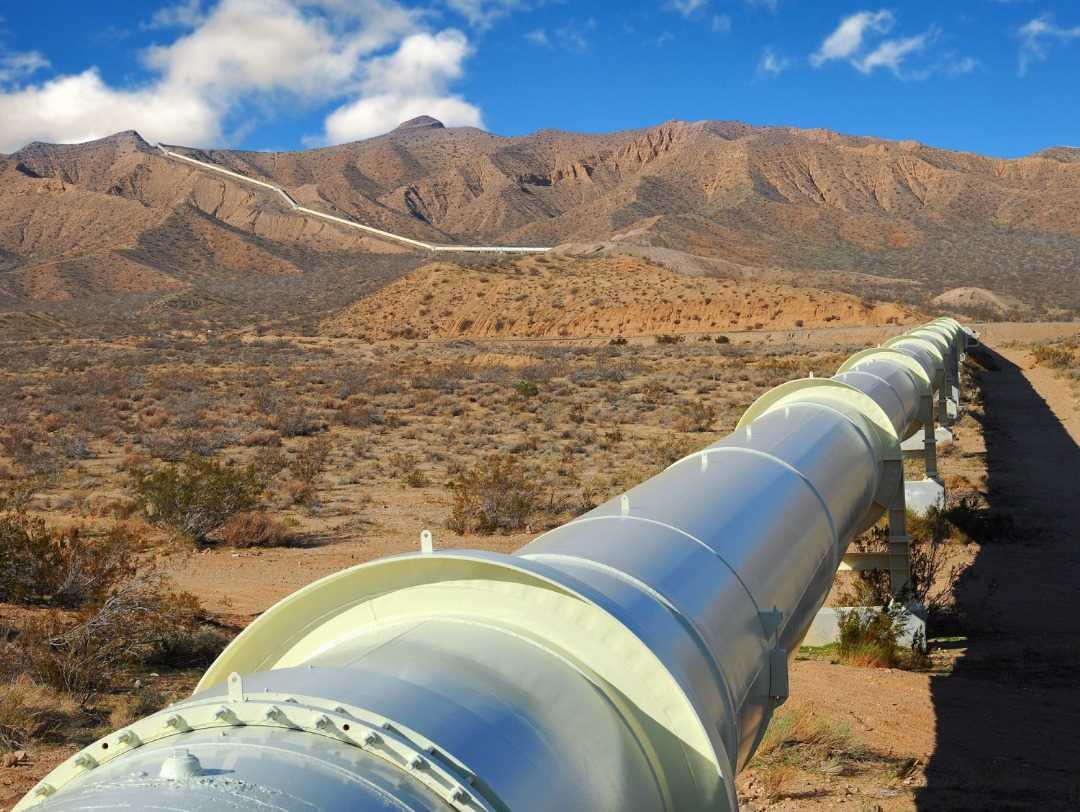Zimbabwe and Zambia Ink Deal for New Oil and Gas Pipeline System

By Africazine
In a significant move towards enhancing energy cooperation in Southern Africa, the governments of Zimbabwe and Zambia have officially signed a Memorandum of Understanding (MoU) to kick off the development of a groundbreaking oil products and natural gas pipeline system. This strategic agreement reflects both nations’ commitment to improving energy accessibility and efficiency, marking a promising chapter for regional energy dynamics.
The newly proposed pipeline is set to facilitate the transportation of refined petroleum products from Zimbabwe to Zambia, effectively tapping into Zimbabwe’s established strengths in oil and gas storage, processing, and transportation. As Zambia experiences a growing appetite for affordable energy, this collaboration seems to be a timely response to national energy needs while simultaneously enhancing regional cooperation.
Currently, Zimbabwe’s fuel supply is largely dependent on the vital Beira-Harare pipeline, which transports fuel from the bustling Port of Beira in Mozambique to various major cities including Harare, Bulawayo, Mutare, and Beitbridge. Notably, this pipeline is undergoing significant upgrades, with plans to increase its capacity from 2.19 billion liters to an ambitious 3 billion liters, ultimately aiming for a long-term capacity of 5 billion liters. These enhancements underscore Zimbabwe’s commitment to bolstering its energy infrastructure and reinforcing its pivotal role in the region’s energy sector, serving not just its own needs but those of neighboring countries like Zambia.
Complementing this infrastructure is the Coven Energy project, which proposes a new pipeline intended to further elevate Harare as a regional distribution hub. With the foresight of growing energy demands, this initiative will play a crucial role in positioning Zimbabwe at the heart of regional energy supply chains—creating more jobs and fostering local economic growth.
One of the most exciting prospects of this new agreement is its potential to improve safety and efficiency in fuel transportation. By reducing dependence on road tankers, the pipeline is expected to minimize wear and tear on infrastructure while enhancing safety protocols.
Moreover, Zimbabwe is actively exploring its own oil and gas resources, particularly in promising locations like the Mukuyu Oil and Gas Field and the Cabora Bassa Basin. These explorations indicate a vibrant future for Zimbabwe’s energy sector, possibly establishing the country as a key player in Africa’s oil and gas landscape.
As efforts proceed, the collaboration between Zimbabwe and Zambia heralds a hopeful future, reflecting an era of strategic partnerships in energy that can foster economic growth and enhance stability across the region.
#Zimbabwe #Zambia #WorldNews #BusinessNews #Tourism


